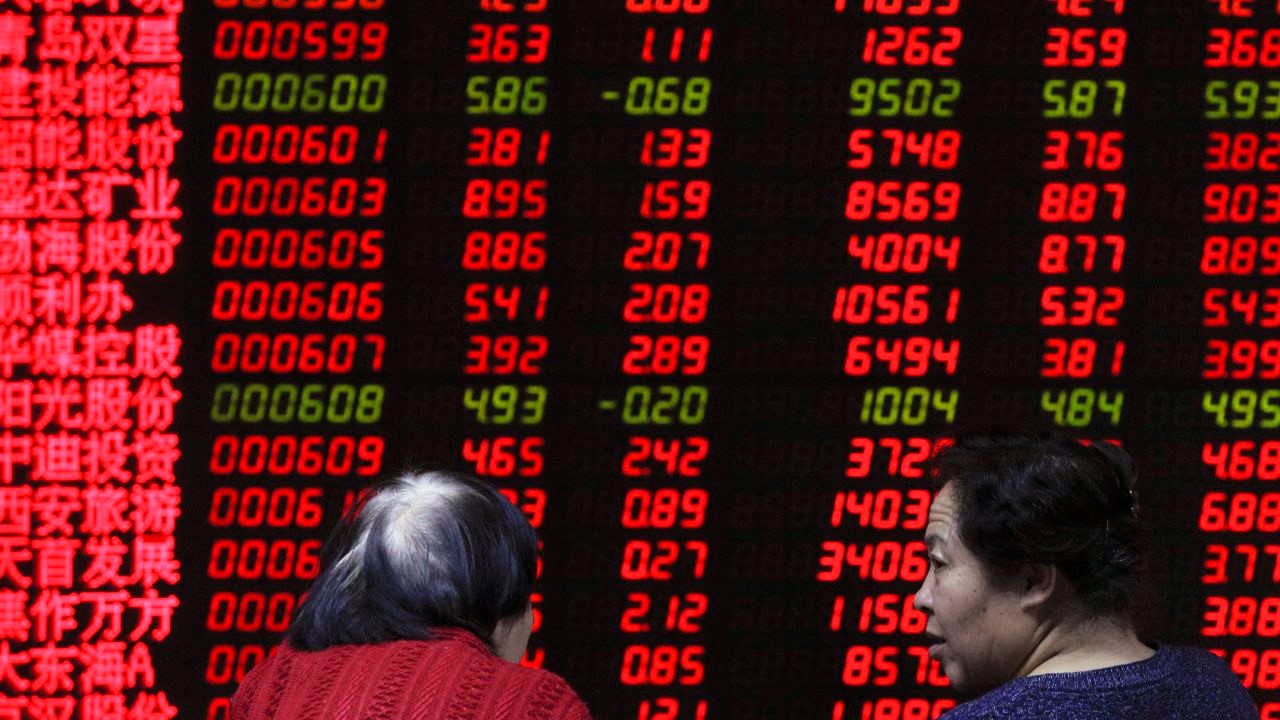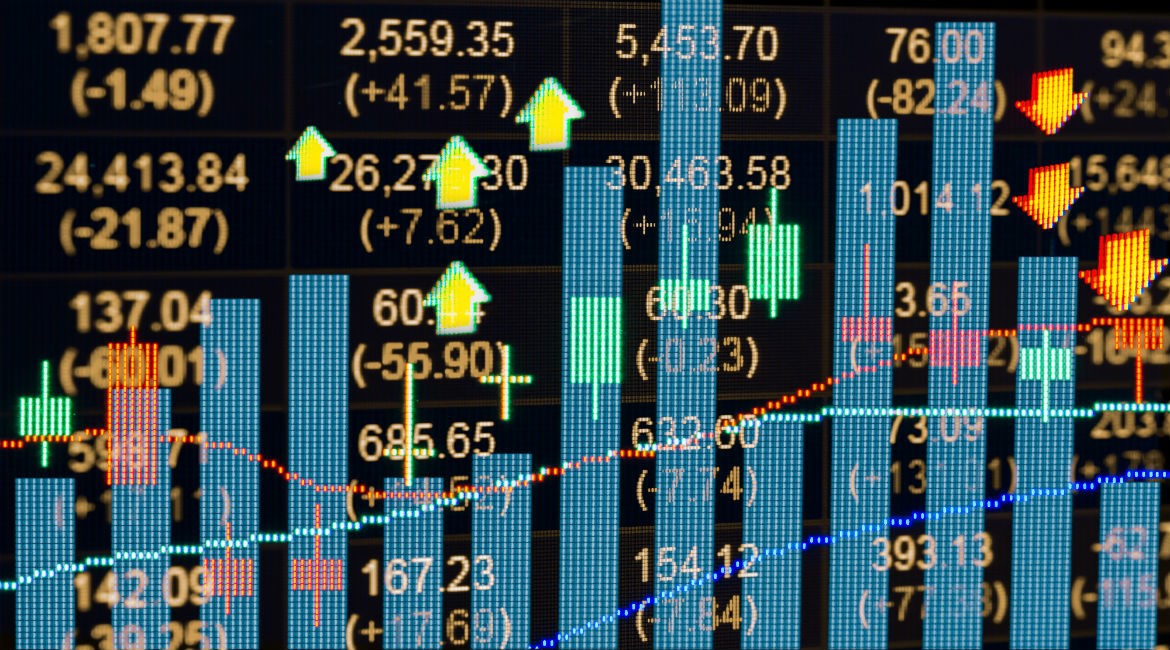

During the second quarter, a famed fund manager in China made strategic moves in his investment portfolio. He increased his stakes in China Hongqiao Group, the world's second-largest aluminium producer, and the short-video platform Kuaishou Technology. At the same time, he opted to reduce his holdings in Chinese real estate. These actions shed light on skilled money managers' approaches to navigating challenging market conditions.

The first among the top-ranked money managers to reveal their second-quarter portfolio reports was Qiu Dongrong at Zhonggeng Fund Management in Shanghai. Despite facing challenges such as the unprecedented Shanghai lockdown and the Ukraine-Russia geopolitical crisis, China's star fund managers remain optimistic about the world's second-largest stock market. They expect it to bounce back and continue its upward climb, despite being Asia's worst-performing benchmark in the first quarter.
In the previous quarter, Qiu, the US$1.6 billion Zhonggeng Value Leading Mixed Fund manager, made significant moves in his portfolio. He acquired 14.6 million shares of China Hongqiao, a prominent aluminium producer based in Shandong, making it the largest holding in his fund. Additionally, Qiu increased his position in Kuaishou by purchasing about 11 million shares.

However, as part of his strategy, Qiu reduced his holdings in Yuexiu Property and China Overseas Land and Investment. He sold 21.4 million shares of Yuexiu Property and 9.4 million shares of China Overseas Land and Investment during the same period. These adjustments in his portfolio reflect his outlook and investment decisions for the mentioned companies.
Qiu's most recent positions offer insights into how star managers navigated through a turbulent second quarter, marked by declines in both onshore and offshore markets following the disappointment of the so-called reopening trade. Between April and June, China Hongqiao represented 9.86 per cent of Qiu's value fund.
According to Qiu's report, metals stocks might experience a positive impact due to limited supply and increased demand. Meanwhile, financials are currently trading at undervalued prices.
Responses








